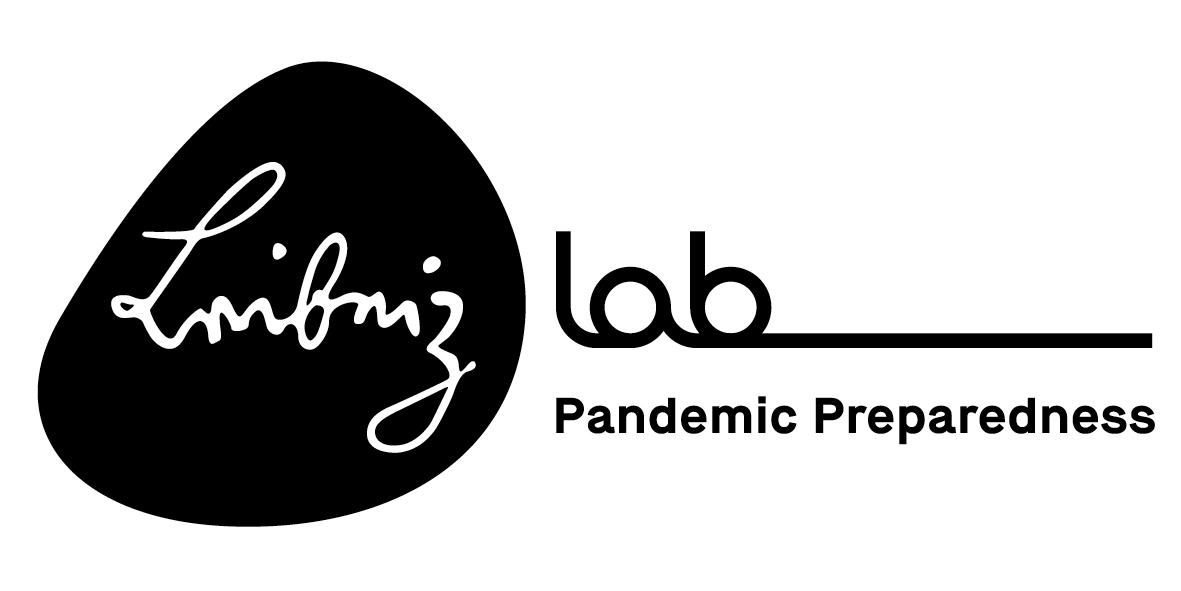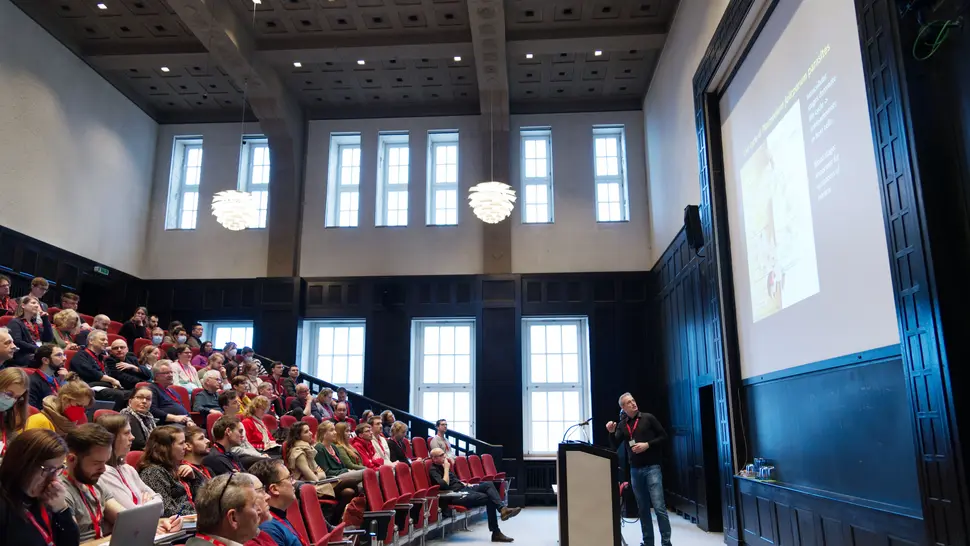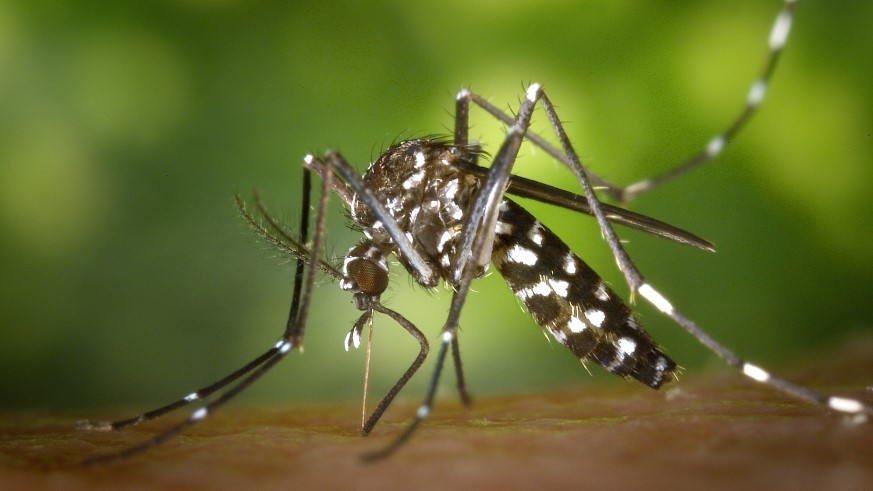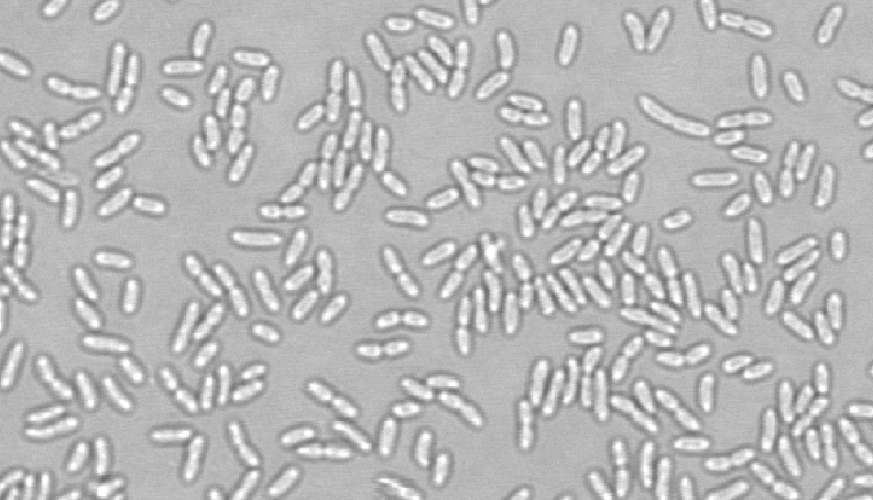
The new Leibniz Lab "Pandemic Preparedness: One Health, One Future" links excellent inter- and transdisciplinary research from 41 Leibniz institutes. For the first time in Germany, pathogen-oriented sciences (virology, bacteriology, mycology and immunology) are collaborating with other life sciences such as ecology, health technologies, health economics and educational research. This new instrument of the Leibniz Association will be funded for three years with three million euro. The aim of the Leibniz Lab is to pool research in these areas in order to prepare, to prevent and to respond better to future pandemics and to make the knowledge gained available to policymakers in the form of evidence-based recommendations for action.

At the beginning of February, the symposium "Long-term Consequences of Infections" of the Leibniz Center Infection (LCI) research network in northern Germany took place in Hamburg with over 120 participants. The Bernhard Nocht Institute for Tropical Medicine, the Borstel Research Center, the Leibniz Lung Center and the Leibniz Institute of Virology - all partner institutes of LFV INFECTIONS - founded this alliance in 2005 in order to strengthen infection research in the Hamburg metropolitan region in the long term.
Press Release Leibniz Center Infection

November 18th to 24th is World AMR Awareness Week
Antimicrobial resistance (AMR) is not a question of “If” but rather a question of “When”. When microorganisms evolve to resist the selection pressure of antimicrobial therapy, they become a significant risk to public health. Once effective antibiotics, antifungals, antiparasitics and antivirals lose their effectiveness. The World AMR Awareness Week serves as a crucial platform to spotlight this increasing and pressing global health problem and promote worldwide collaborations for sustainable solutions.

“The Tiger mosquito survives the German winter”. When reports of Asian tiger mosquitoes appear in July, it initially gives the impression of a typical summer hole story. But what is behind it? A study commissioned by the German Network against Neglected Tropical Diseases concluded that the habitat of the Asian tiger mosquito (Aedes albopictus) will spread as far as southern and western Germany by 2040, even with a controlled rise in temperature, and in a more pessimistic scenario even as far as Sweden and Norway. So will the tropical diseases it transmits, such as dengue, Zika and chikungunya, become a serious reality in Germany in the future? After all, 100 years ago there were also extensive malaria regions in this country.

Immer häufiger treten in Krankenhäusern Infektionen durch Stenotrophomonas maltophilia auf, was insbesondere bei immungeschwächten Patienten zu schweren Verläufen führen kann. Die Behandlung dieser Infektionen stellt noch immer eine große Herausforderung dar, da dieses Bakterium resistent gegenüber verschiedenste Antibiotikaklassen ist. Um die Ursachen dieser Multiresistenz und neue potenzielle Wirkstoffziele zu finden, ist ein besseres Verständnis der Physiologie und Virulenz des Keims unerlässlich.